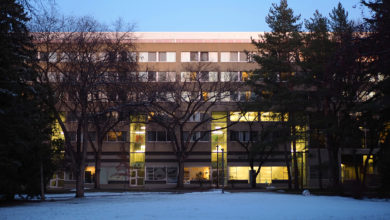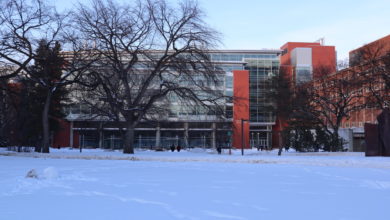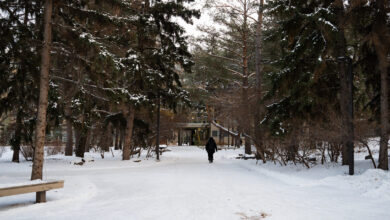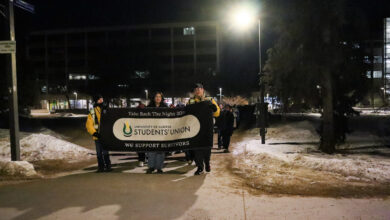I-Week 2016: Educational policy prof highlights climage change panel
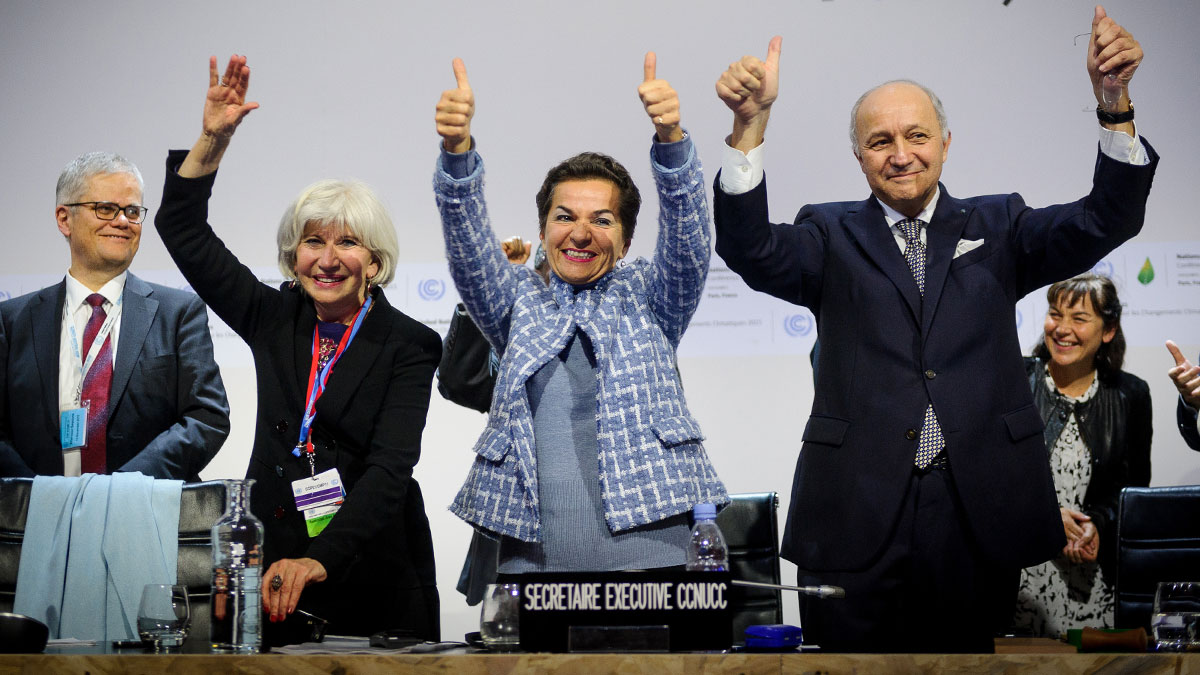 Supplied — Arnaud Buissou
Supplied — Arnaud BuissouWith the stated goal to reduce carbon emissions “as soon as possible,” and to keep global warming “well below two degrees celsius,” 195 nations agreed to the Paris Agreement at the end of the COP21 conference in Paris last month
With this year’s International Week events and speakers focused around the Sustainable Development Goals of the United Nations, one event on the calendar is a panel discussion by University of Alberta professors who attended the climate change conference.
Moderated by John Parkins, a professor in the Department of Resource Economics and Environmental sociology, the panel includes Professor Lynn Badia of Faculte Saint-Jean, Mike Hudema of Greenpeace and professor Makere Stewart-Harawira of the Department of Educational Policy.
Specializing in global governance and environmental issues, Stewart Harawira takes a specific interest in the management, use, and control of water supplies.
Stewart-Harawira said some of the sessions she attended at the COP21 conference in Paris were troubling. She specifically recalled the Prime Ministers of Tuvalu and Kiribati pleading with people to lobby their ministers and representatives on climate change “with tears in their eyes.” Returning from France two days early, she said she was dispirited after the summit. Despite this, Stewart-Harawira pointed to the reactions of several communities as reasons for optimism.
“(I was) optimistic not so much because of the agreement,” Stewart-Harawira said, “But because of the determination of groups and communities who are absolutely committed to holding governments responsible (to the agreement).”
Pointing to smaller non-governmental organizations, indigenous communities, and women’s groups as those committed to monitoring government accountability, Stewart-Harawira also emphasized the importance of localized change moving forward.
“When looking at climate change, when so much of what we do is locked into the global economy, it really limits the ability of communities on the ground and even national economies to build in a constructive way,” she said.
Saying that the recreation of strong local and regional economies as a “big piece of the answer” to many issues surrounding climate change, Stewart-Harawira also pointed to the importance of an interdisciplinary dialogue in future examinations of the issue. She said she hoped the variety of perspectives on the panel would spark debate.
“I hope there will be disagreement,” Stewart-Harawira said. “From that clash of points of view, we get new ideas, and that is absolutely important. I’m hoping (the panel) focuses on open discussion.”
Stewart-Harawira said she is also trying to organize a symposium to unpack the issues around climate finance with some of the political economists and other experts she met in Paris. In terms of why she cares so deeply about these causes, Stewart-Harawira had a simple answer.
“The reason I get out of bed and come to work everyday is that I have seven grandchildren,” she said. “And not on my watch are we going to do nothing. I think there are millions of people who feel that way.”
The “After Paris: COP21 and Beyond Panel” will take place on Wed, Jan. 27 in Telus 134.

